Best Rust Books to Buy in February 2026
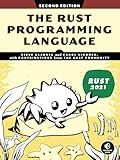
The Rust Programming Language, 2nd Edition


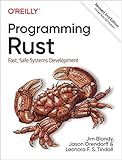
Programming Rust: Fast, Safe Systems Development


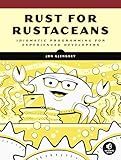
Rust for Rustaceans: Idiomatic Programming for Experienced Developers


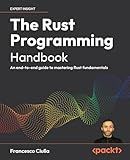
The Rust Programming Handbook: An end-to-end guide to mastering Rust fundamentals


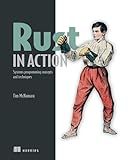
Rust in Action


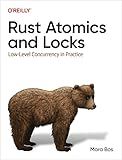
Rust Atomics and Locks: Low-Level Concurrency in Practice


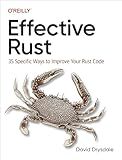
Effective Rust: 35 Specific Ways to Improve Your Rust Code


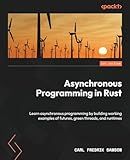
Asynchronous Programming in Rust: Learn asynchronous programming by building working examples of futures, green threads, and runtimes


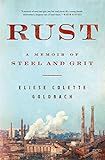
Rust: A Memoir of Steel and Grit


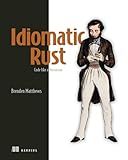
Idiomatic Rust: Code like a Rustacean


Rust is celebrated for its focus on safety and concurrency, and robust error handling is a critical part of this design philosophy. Handling errors efficiently in Rust is not just about writing correct programs; it’s about writing programs that are easy to understand and maintain. Here's a guide on mastering error handling in Rust in 2026.
Understanding Error Handling in Rust
Error handling in Rust is primarily managed through Result and Option types. The Result type is used for operations that can succeed or fail, while the Option type is for operations that may or may not return a value.
The Result Type
The Result<T, E> type represents either success (Ok<T>) or failure (Err<E>). Here’s how you can handle a Result:
fn open_file(filename: &str) -> Result<String, std::io::Error> {
let mut file = std::fs::File::open(filename)?;
let mut content = String::new();
file.read_to_string(&mut content)?;
Ok(content)
}
In this example, the ? operator is used to propagate errors upwards, simplifying code while maintaining thorough error checks.
Techniques for Error Handling
1. Pattern Matching
Pattern matching with match allows you to handle different outcomes explicitly:
fn divide(a: f64, b: f64) -> Result<f64, &'static str> {
if b == 0.0 {
Err("Division by zero")
} else {
Ok(a / b)
}
}
match divide(4.0, 0.0) {
Ok(result) => println!("Result: {}", result),
Err(e) => println!("Error: {}", e),
}
2. Using the ? Operator
The ? operator provides a succinct way to propagate errors, as previously shown. It's useful in reducing the verbosity of handling each error manually.
3. Custom Error Types
Define custom error types to enrich your error handling. This is particularly useful for libraries:
#[derive(Debug)]
enum CustomError {
Io(std::io::Error),
Parse(std::num::ParseIntError),
}
impl From<std::io::Error> for CustomError {
fn from(err: std::io::Error) -> CustomError {
CustomError::Io(err)
}
}
impl From<std::num::ParseIntError> for CustomError {
fn from(err: std::num::ParseIntError) -> CustomError {
CustomError::Parse(err)
}
}
Choosing the Right Rust Books
Choosing the right resources to deepen your understanding of Rust can significantly aid in mastering error handling. Look for Rust books that:
- Focus on Practical Applications: Books that provide examples and practical applications can offer hands-on experience with Rust's error handling.
- Updated Content: Ensure the book is up-to-date with the latest Rust improvements and trends as of 2025.
- In-depth Error Handling Sections: Books should have thorough sections on error handling in Rust, including advanced patterns and best practices.
Additional Resources
- Learn about sorting vectors in Rust by visiting this article on index sorting.
- Interested in handling streams of files? Check this resource on rust stream handling.
- For guidance on importing files from sibling folders, see this detailed post.
Rust's error handling capabilities are powerful but require practice and learning. By using these techniques and resources, you can become proficient in managing errors effectively in your Rust programs in 2026.
